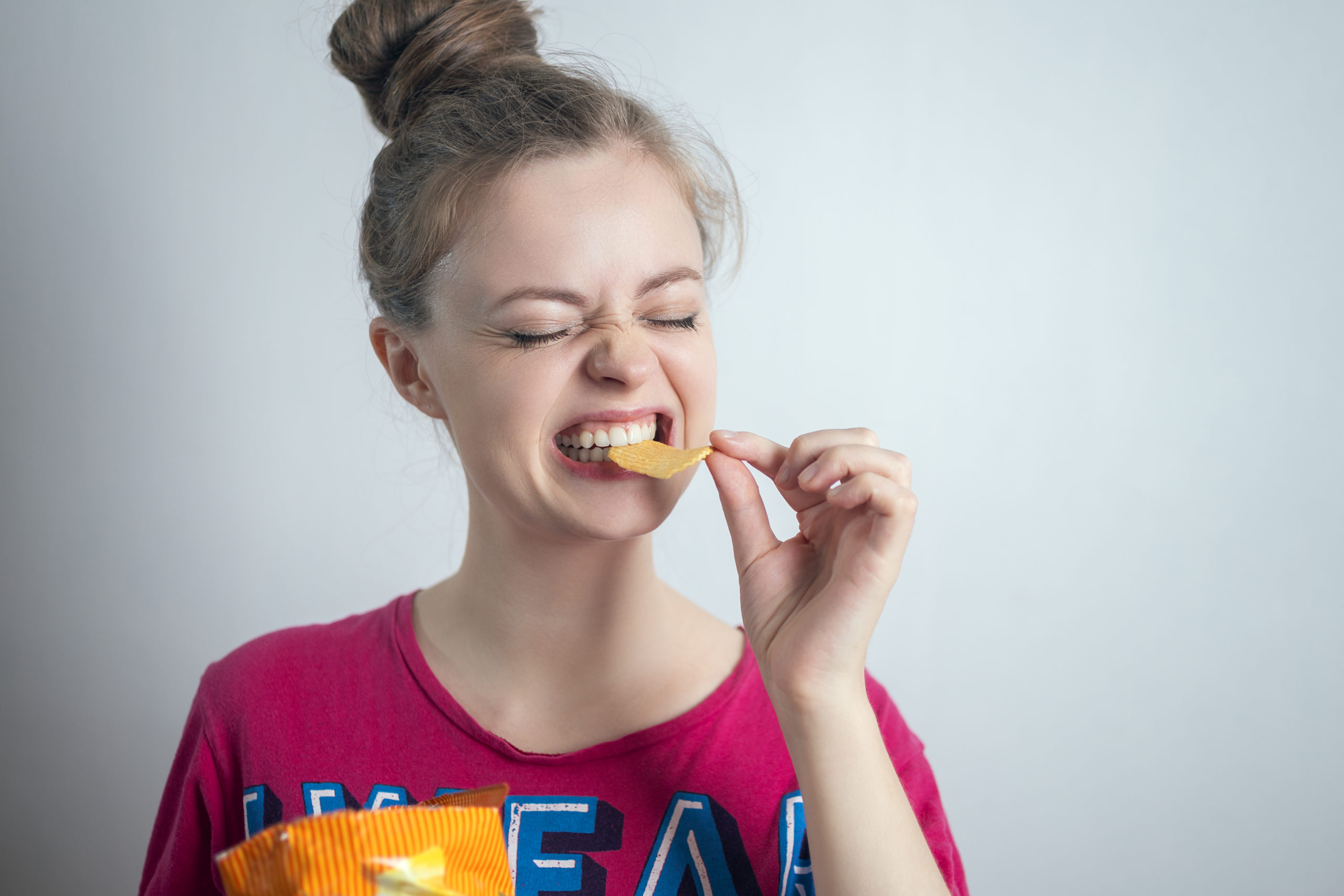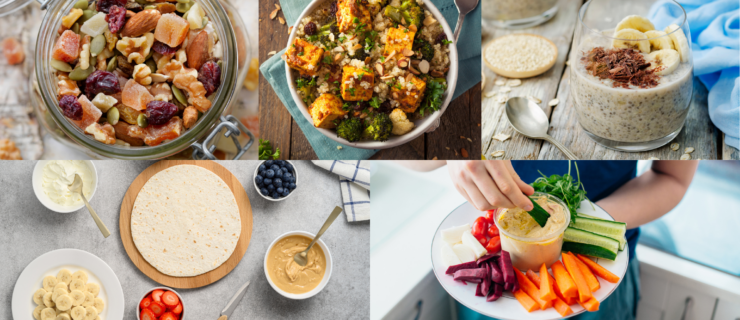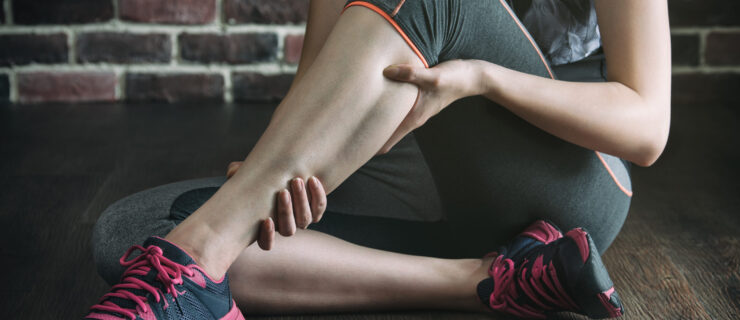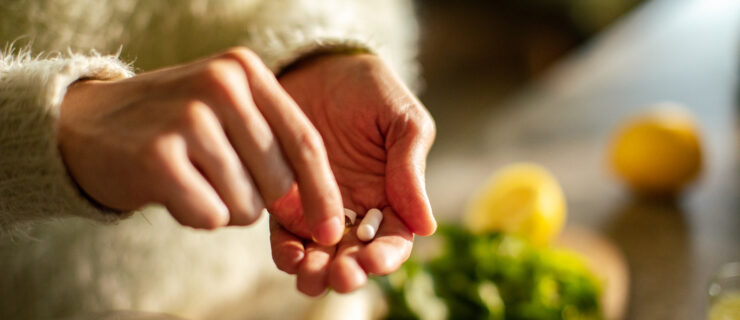Feeling Food Guilt? Try This Dance Dietitian’s Tips for Cultivating a Healthier Relationship With What You Eat
Ever feel guilty after eating something that you think is more indulgent? Or have you passed on a food because you felt that it wouldn’t be “worth the guilt”? If this resonates, then chances are your relationship with food needs a revamp.
We’re not born feeling guilty around food. Instead, external messaging conditions us to believe that there is a “superior” way to eat, and if you’re not choosing the “right” foods, then you’re doing something wrong. This messaging comes from diet culture and often makes its way into studios and dressing rooms from influencers and lifestyle coaches disguising “wellness” with obsessive food and exercise behaviors. This is even more apparent for dancers as antiquated ideals of a “ballet body” unfortunately continue to exist.
Food guilt can cause stress, fear and anxiety at mealtimes, and increase a dancer’s vulnerability to disordered eating behaviors. The good news? You can unlearn these messages and cultivate a healthier relationship with food.
Here are three tips dancers can use to work toward reducing food guilt.
Rewire Your Brain
Diet culture is a belief system that idolizes the need to “fix” our bodies, and, most often, it uses food and exercise to control body weight, shape and size. Experts know, however, that when compared to lifestyle choices, genetics play a much larger role in how a person’s body looks. Consider the diversity you see in the studio: Some dancers are shorter while others are taller. One dancer might have longer legs while another has a longer torso. Bottom line: There is no one ideal dancer’s body.
Turning to restrictive eating habits and overexercising limits your body’s ability to sustain the energy you need for classes, rehearsals and performances. Instead, think of food as fuel for both your physical and mental health. Eating frequently throughout your day and choosing foods that satisfy your hunger and taste buds are always encouraged. While nutrient-dense foods provide a spectrum of macronutrients and micronutrients, that doesn’t mean you should only focus on those foods. The healthiest meals and snacks are those that satisfy your tummy, your mind and your soul. Nutrition information is only part of your decisions around food. Personal preferences, emotional experiences and even accessibility all play a role in enabling you to enjoy a full range of foods guilt-free.

Drop the Morality: You Are More Than Your Food Choices
In the pursuit of diet culture’s ideals, some foods become glorified and others become demonized. While the nutriontal profile of, say, broccoli is more vitamin-packed than a brownie, you’re not “good” for eating the broccoli or “bad” for eating the brownie.
Despite what diet culture tells you, your morality is unrelated to your food choices. Try to start viewing food with a neutral lens, and remember that you have the power to fuel your body with the foods that make you feel good physically, mentally and emotionally. To remind yourself, search for positive affirmations on Pinterest, grab some sticky notes and jot down a few. These reminders help you prepare for the times when you need to say, “I am eating this now, and this is why I deserve not to feel guilty.”
Utilize Self-Compassion and Seek Support
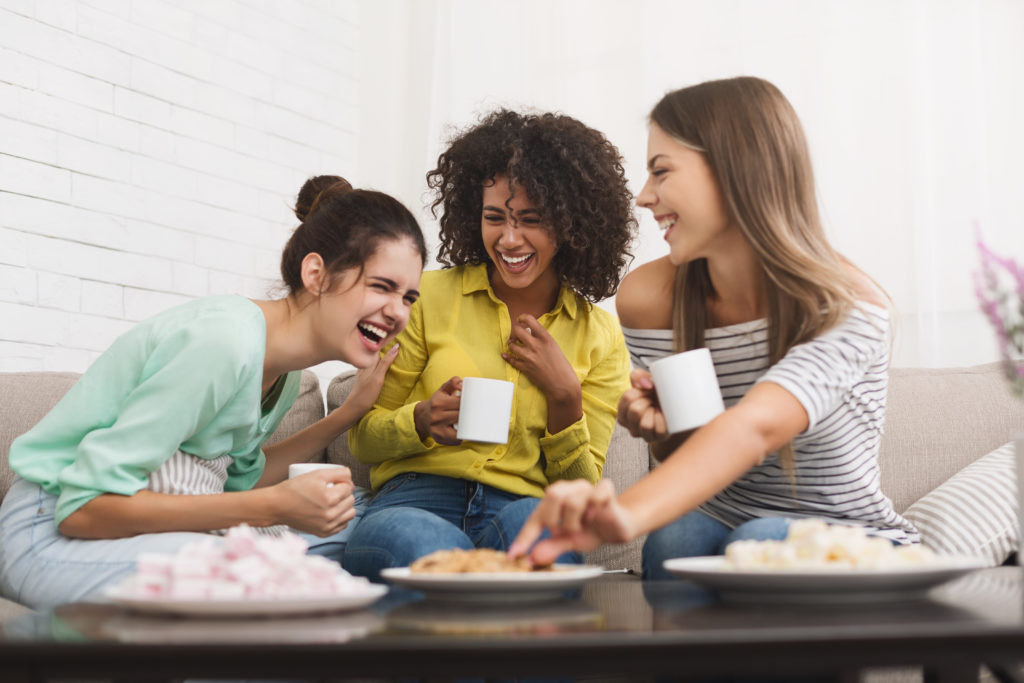
Food guilt is a very valid feeling given the culture in which we live. While these negative associations are not innate, combating them is also not so easy. It takes a proactive approach to unlearn the “good” and “bad” messaging around food. Seeking support from qualified individuals, such as mental health professionals and registered dietitian nutritionists, who are versed in intuitive eating, may be helpful. (Intuitive eating supports a nonrestrictive approach to food that prioritizes your body’s instinctual hunger, fullness and satisfaction cues.) Dancers can also turn to free resources and food- and body-positive social media accounts for additional support.
Alleviating food guilt is one of the first steps in repairing your relationship with food. In doing so, you can flourish both on the stage and off.
